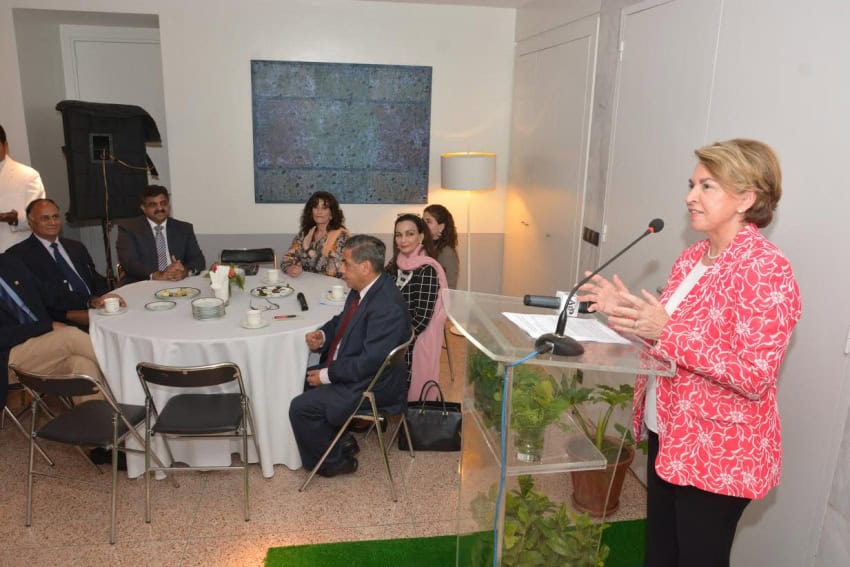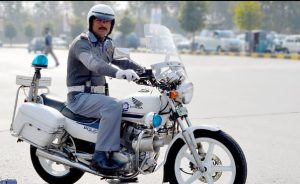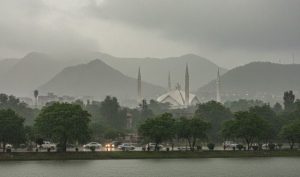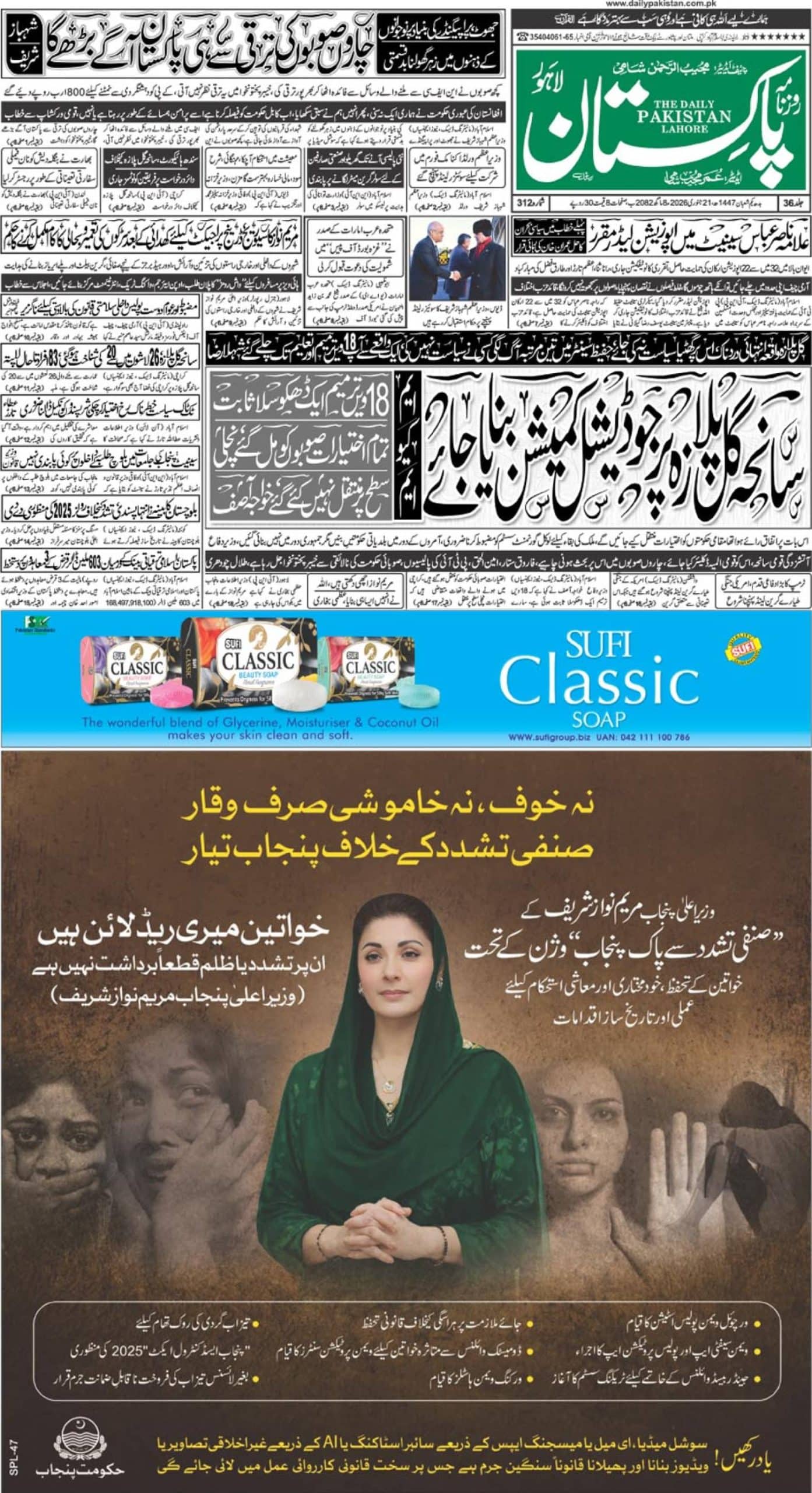ISLAMABAD (Staff Report) – Ambassador of France to Pakistan Mrs Martine Dorance yesterday hosted an event, to mark International Women’s Day, after weeklong celebrations.
The debate, which focused on “Women and Climate Change”, gathered almost a hundred representatives from the political world, parliamentarians, government officials, prominent activists and members of the civil society, journalists, diplomats and UN representatives, as well as women representing the voices of the mountain communities.
More than 100 days after the historical achievement of a universal agreement on climate change in Paris, the French ambassador made a call to sustain the momentum terming 2016 as the “year of action and implementation”.
Emphasising the fact that women were “primary victims of climate change, but also often the main source of solutions”, Mrs Dorance underlined the need to “place women at the core of national and local climate strategies and at the heart of international climate negotiations”.
Apart from raising awareness on this subject, the event, she said, was aiming at presenting an often forgotten face of the Women of Pakistan, women who fought for their ideas, women who were carpenters, women who climbed the Everest at the age of 21, referring to the special participants in the audience.
Among many outstanding Pakistani voices, like Dr Shoaib Sultan Khan and Malik Amin Aslam, the keynote speakers shared their comments on different issues faced by women.
Senator Sherry Rehman appreciated the “call for action” initiated by the Embassy of France on this fundamental topic which was not a “niche subject” but would impact the lives of all Pakistanis. She underlined the enormous risks climate change was posing in terms of daily security and resilience in Pakistan, “incubating exclusion, sharpening gender inequalities and reducing access to education as well as affecting production”, when the “producers of the country were primarily for women”.
She emphasised the need for a “national conversation” at the political and parliamentarian level on climate change, which would need to include women.
Major General Asghar Nawaz, Chairman of the National Disaster Management Authority (NDMA), underlined the sheerness of the impacts climate change was having in Pakistan and its high vulnerability, as “75% of disasters were linked to meteorological causes” throughout the country (floods, droughts, heat waves, glacier melting, avalanches and landslides, new tropical cyclonic activities in the Arabian Sea).
He also insisted on the need to focus on the most vulnerable groups, particularly women, and on the importance of awareness and education. “NDMA is strongly committed in that sense, and is now conducting surveys with disaggregated data and had set up a special Gender and Child Cell,” he added.
Mrs Aisha Khan, CEO of the Mountain and Glaciers Protection Organization (MGPO), called for the strengthening of a new “civil society platform” aimed at helping the government to tackle climate change in Pakistan, taking forward a broad-based dynamic started last year. She called to expand the outreach, build alliances, consolidate gains and accelerate the momentum to sensitise all stakeholders about climate change.
Mrs Khan also underlined that climate risk management could never be successful without social equity, equitable distribution of resources and proportionate representation of women in decision making.
Mrs Aqeela Bano and Farman Ali, two young women who have been trained in a skill development project of carpentry, masonry and electrification, developed in Hunza and Chitral by the Aga Khan Cultural Service (AKCS) with the support of the Embassy of France in Pakistan, also talked of their experience during COP21 as they represented Pakistani feminine voices in the Paris Conference.
Ms Aqeela Bano, Surveyor of the project spoke about the challenges and success of young entrepreneurs from her area and how their participation to the COP21 Climate Conference had given them new ideas of wooden house construction. She said “women can achieve anything they want”.
Mrs Samina Baig, famous alpinist, first Pakistani woman to climb all seven summits in the world, climbing the Everest at the age of 21, made a strong and inspiring speech. She termed climate change “a bigger threat than terrorism”. She gave her fist hand testimony of glacier melting all over the world and in the summits of Pakistan, saying she got surprised last year while climbing the K2, seeing that “snow had barely frozen at 6000m”. She called for action in face of this alarming situation.
Mr Ali Tauqeer Sheikh, CEO of LEAD Pakistan, termed the COP21 “another French Revolution” and “regretted this debate was not happening in the national and provincial Parliaments”. He insisted on the importance of tackling climate change, one of the three most important challenges for Pakistan and the world, and underlined the need to include gender approaches to the policies. He called the Parliaments to give budgets to mitigate and adapt to climate change and asked media to engage in raising awareness on the subject.














